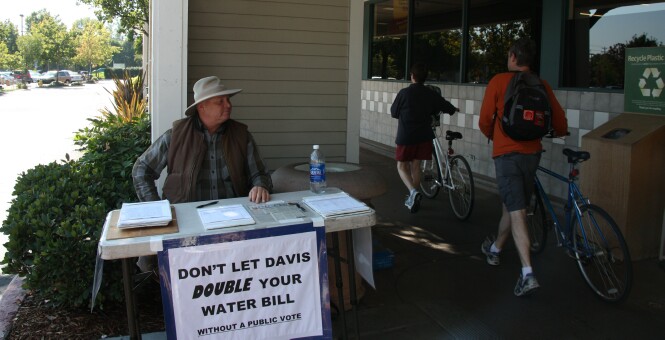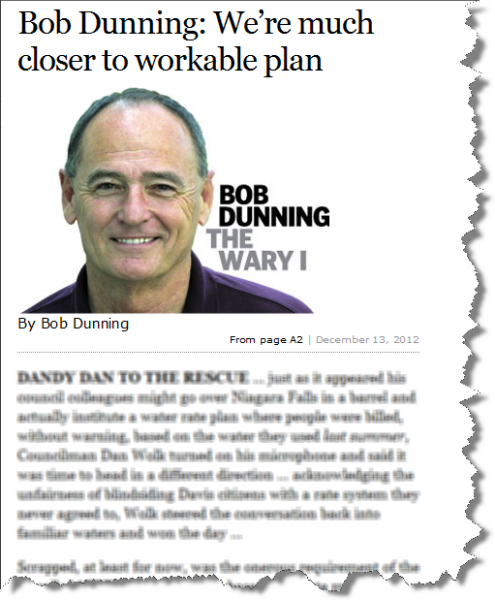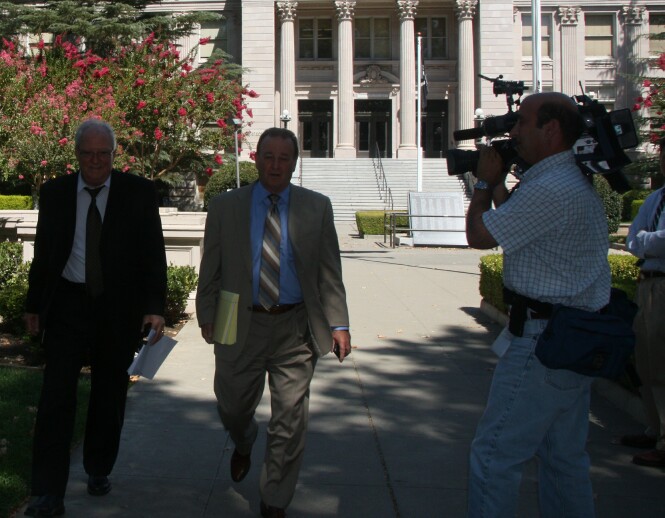Rebutal Arguments on Measure I
 On December 8, the Vanguard ran the Impartial Analysis by City Attorney Harriet Steiner along with the arguments for and against Measure I, the water initiative that will be on the March 5, 2013 ballot.
On December 8, the Vanguard ran the Impartial Analysis by City Attorney Harriet Steiner along with the arguments for and against Measure I, the water initiative that will be on the March 5, 2013 ballot.
The arguments in favor of Measure I were signed by the Davis City Council: Mayor Joe Krovoza, Mayor Pro Tem Dan Wolk, and Councilmembers Rochelle Swanson, Lucas Frerichs, and Brett Lee. The arguments against Measure I were signed by former Councilmembers Sue Greenwald and Michael Harrington, along with Mark Siegler and Michael Bartolic of the WAC, and Pam Nieberg.




 Commentary – Let’s be honest, does it surprise anyone that when the city announced in its council agenda it had reached agreement with three bargaining units on a new contract, that neither Fire nor DCEA were among them?
Commentary – Let’s be honest, does it surprise anyone that when the city announced in its council agenda it had reached agreement with three bargaining units on a new contract, that neither Fire nor DCEA were among them?









